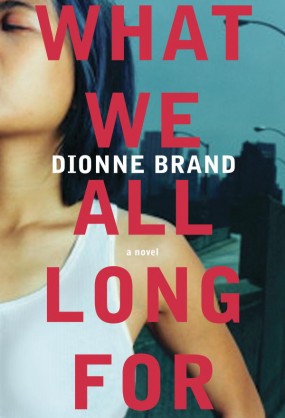The following questions will help you focus on important aspects of the story. Consider reading through them before you read the novel, as you may want to track some of the ideas they suggest. Of course, return to them once you’re done and consider these aspects of the book.
When you come across a quotation that you think is important for future reference, mark it with a sticky note, type it into a file, or, if you own the book, mark it in any way you like! Then you can easily find these quotations when you need to back up your ideas in class discussion or writing projects. Keep an eye out as well for symbols, ideas, or issues that are not covered below.
Loss and Reunion
Consider how Quy’s story of loss in the South China Sea reflects upon the notions of access and loss. How does this connect with his subsequent struggle to rejoin his family in Toronto? Consider limiting this analysis in terms of personal, familial, or global understandings. The following two questions offer a couple of broad approaches:
- Lands and Waters: How do international forces and agents, such as borders, refugee camps, and aid workers inform these experiences? How do they present challenges to displaced peoples moving internationally? What does Quy’s story emphasize about boundaries and connections between people and places? Who controls these relations, and how do people respond to these social dynamics? What is important about the water imagery—both as material and metaphor—that connects Quy’s loss in the Sea and the final moments of reunification?
- Language: Consider what Quy might mean by referring to learning English as
my first step to humanity
(137)? How do his attempts to gain access to North America hinge on his proficiency in the language? In what ways does Quy’s story reflect upon the interweaving of social acceptance, material access, and linguistic and social proficiencies?
Different World(view)s
- How does Brand construct the story so that two broad worlds collide in the end of the novel? How does the ghostly, globalized brother Quy of the past materialize into the present in Toronto? What does the inconclusiveness of this moment suggest about this family’s complicated global history? What does it leave unanswered? What does the story emphasize about the experiences of travel, diaspora, and immigration?
- How does the title of the novel reflect on the artistic practice of Tuyen in Chapter 12, which involves the recording of longings and desires? What does the conflict between Tuyen’s perspective and the needs of Bihn’s store illustrate about their alternative worldviews (see 150–51)? How does the novel address these concerns? Does the novel offer answers to the question of
what do we all long for?
Does the Bengali woman’s answerto desire is to suffer
(151) speak true, or is there more that Brand unearths around the longings of the characters?
Toronto
- How does Brand use the spaces of Toronto, including streets, stores, dance halls, apartments, and regions/suburbs, to develop a complex, heterogeneous understanding of its inhabitants? What aspects of their identity are emphasized, and how do these provide connections and distinctions between people and the spaces they inhabit?
- Consider how Toronto is personified in the novel. In particular, reflect on the opening sentences, as well as the description of Cam and Tuan’s job experiences, and how
they were being defined by the city
(66). How does this notion of the city as an active participant reflect on and complicate questions of identity, agency, and longing?
Endings
- Consider the final paragraph of the novel in relation to these questions. While focusing specifically on Carla, how does it also provide a summary of the book?
- Examine the use of juxtaposition within the final chapter of the novel. What does the contrast of different life stories, their responses to crises and their guiding desires, tell us about the nature of the characters’ relationships, identities, and senses of belonging?
Works Cited
- Brand, Dionne. What We All Long For. Toronto: Vintage Canada, 2005. Print.









 ©
©